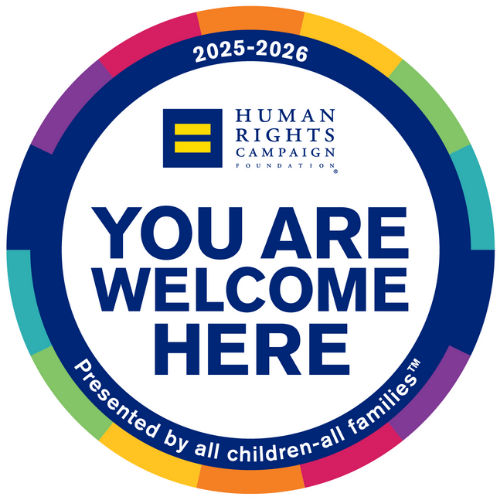Article courtesy of the Family Support Center of Ogden
“The capacity to grieve is just as much a part of us as the capacity to love” – author unknown
You and your family have spent days and nights helping this child become a part of your family. Some of these days and nights have been fun and exciting, others have been emotionally challenging. As you and your family experienced life with this child, a bond began to build. This child became a part of your life, your family, your routine. Then one day you woke up and they were gone. Now what do you do? What does your family do? How should you act? And what about all your feelings?
These are some of the questions you may have after children in foster care leave your home. If therapy is not readily available to you and your family here are some ideas:
- Take care of yourself and get support. Then, you can model coping skills for your children.
- Share your feelings in a developmentally appropriate way to your children, reminding them that feelings are OKAY.
- If there is confusion and anxiety make things for you and your family as stabile as possible and maintain your routine to help you and your children gain a sense of control and comfort.
A Few Tools:
1. Create a Memory Box or Book. Work with your family/child and gather pictures, write or draw out memories you have involving the child in foster care. Add symbols that have attached meaning. Spend time decorating the book or the box together. When your family wants or needs to be reminded of the person they lost, bring out the memory box/book and spend time going through it. It’s okay and important to talk about these memories, allow feelings to be expressed.
2. Read the book Invisible Strings by Patrice Karst. Role play having an invisible string. This can be read to the entire family before the child leaves or after they have gone.
3. Imagine that you could hold a perfect memory in the palm of your and….
- What would it be?
- Draw a hand on a sheet of paper or trace your own,
- then write or draw out this perfect memory.
- Allow everyone time to share their memories.
“Grief is like the ocean; it comes on waves ebbing and flowing. Sometimes water is clam, and sometimes it is overflowing. And all we can do is learn to swim.” – Vicki Harrison
These are only a few ideas you can incorporate yourself. For more therapeutic ideas, please call us at the Family Support Center of Ogden (801) 393-3113. The Family Support Center specializes in working with children in foster care and with families. Our therapists can provide long term and short term therapy for individuals, couples and families. We are skilled to help with: Attachment and Bonding issues, Trauma, Grief and Loss, Anxiety, etc.






